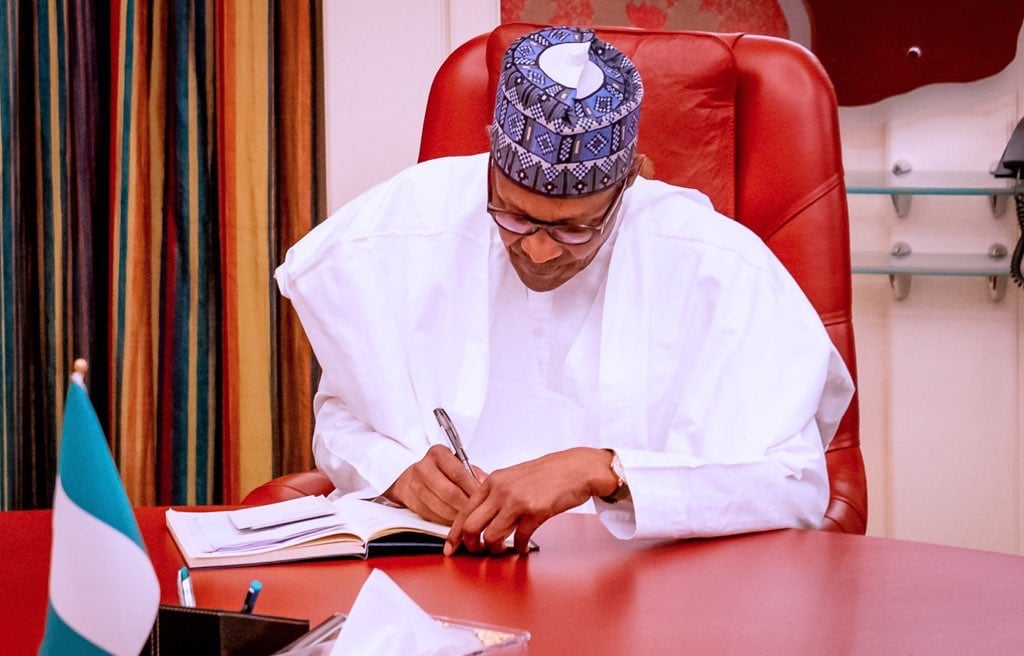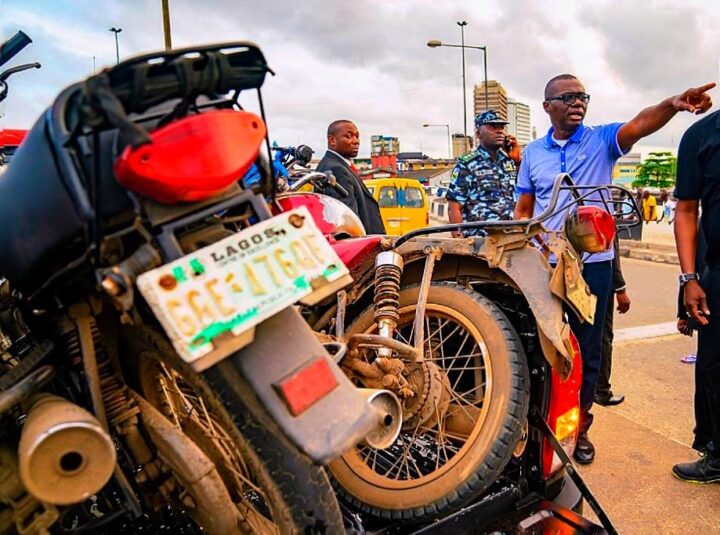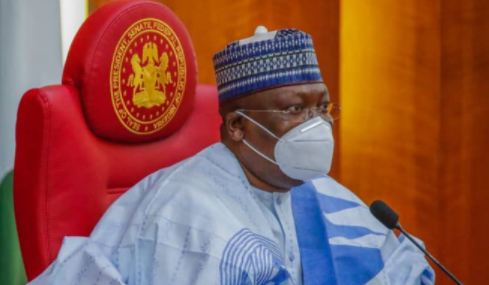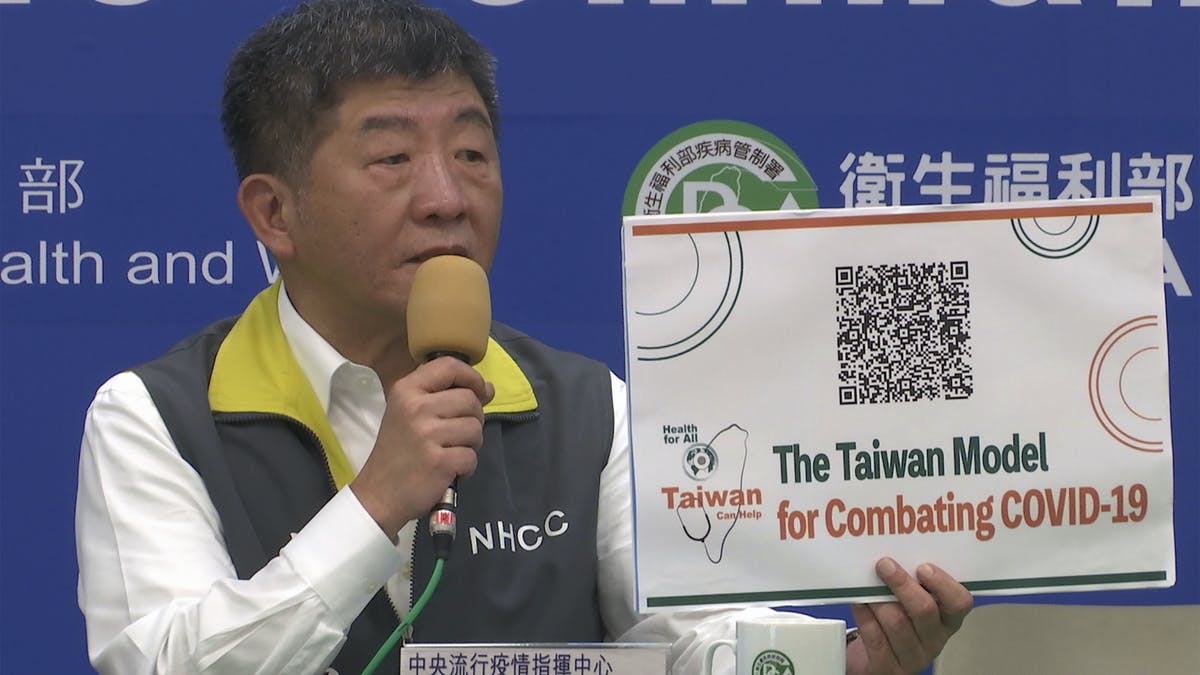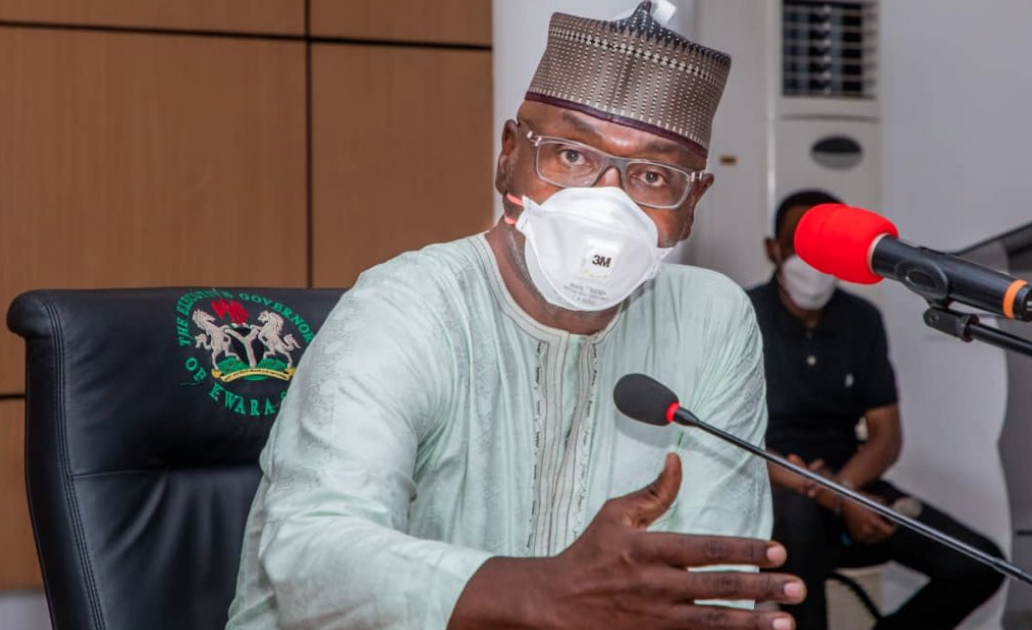BY CHINONSO KENNETH ONWURAH
In political science and governance, the social contract theory addresses the questions of the origin and legitimacy of government and the authority of the state over the individuals. The relationship between the governed and the government are not coerced, the social contract theory posits that citizens willingly give up their rights to the state and in exchange the government side of the contract primarily involves protecting the life and properties of its citizens while providing the necessary pre-requisites for the attainment of the good life.
The bottom line of this is; when citizens are law abiding the onus falls on the government to provide security of life and property, adherence to fundamental human rights and enthronement of rule of law. An exploratory research into the performance of the extant Nigerian government in this sectors shows that the government has renegaded on its own part of the social contract. The incessant spate of killings and kidnapping has left virtually everyone in the country feeling unsafe, even the elite are not spared as a sitting governor was recently attacked and had to scamper several kilometres to safety.
The recent and consistent uptick in school kidnapping heralded the rise of a new form of insecurity and has prompted several states in northern and central Nigeria (including the federal capital territory Abuja) to close down schools and shut down boarding facilities over security reasons. This unwholesome development is worrisome being that Nigeria is already home to 10.5 million out of school children, alongside the incessant strike actions by higher institutions school dropouts levels will only worsen, reiterating the failure of the Nigerian governance apparatus to live up to its part of the social contract.
Advertisement
In between the N10.02tn received by the security sector between 2015 & 2021 which remains unaudited, the N2bn failed safe school programme, the recent incursion and encampment of Boko Haram in Shiroro Local Government Area of Niger state which is just two hours drive to the federal capital and the fact that the federal government doles out millions in ransom to kidnappers, the failure of the federal government to provide security for its citizens lives and properties becomes abundantly clear.
Inherent in the social contract is the understanding that basic social amenities like clean water, environmental sanitation and electricity are not only basic but fundamental rights of the citizens as contained in section 14, subsection 2(a) of the Nigerian constitution which declares that the security and welfare of the people shall be the primary purpose of government. Now the welfare of the citizenry is not completely catered for if a huge section of the population do not have access to clean drinking water (as one third of Nigerians do not have) or have to resort to open defecation as about 46 million Nigerians currently do daily.
Putting into perspective the fact that the safe school programme failed in Nigeria with over N2bn unaccounted for and the wanton rampaging of bandits and kidnappers it is obvious that the current administration have abandoned the social contract and the office of the Nigerian citizen is not doing enough to enforce governmental compliance to the social contract. The #EndSars protests which revealed that the average Nigerian youth is tired of the status quo and is ready to demand strict adherence to the provisions of the social contract no matter the cost remains the only example of citizen led civil disobedience action capable of propelling real change in government.
Advertisement
The political awareness that instigated the peaceful #EndSars protests among Nigerian youths should not be allowed to dissipate but rather rechanneled through more youth involvement in mainstream political and civil movements. On a granular level, away from social media activism Nigeria youths should be engaging with the political structure, civil society organisations and NGOs should be galvanising youths for social action and issue based politics.
Chinonso Kenneth Onwurah, a research assistant at HipCity Innovation Centre, can be reached via [email protected]
Views expressed by contributors are strictly personal and not of TheCable.
Add a comment
